Peyton’s Promise: God in Social Change?
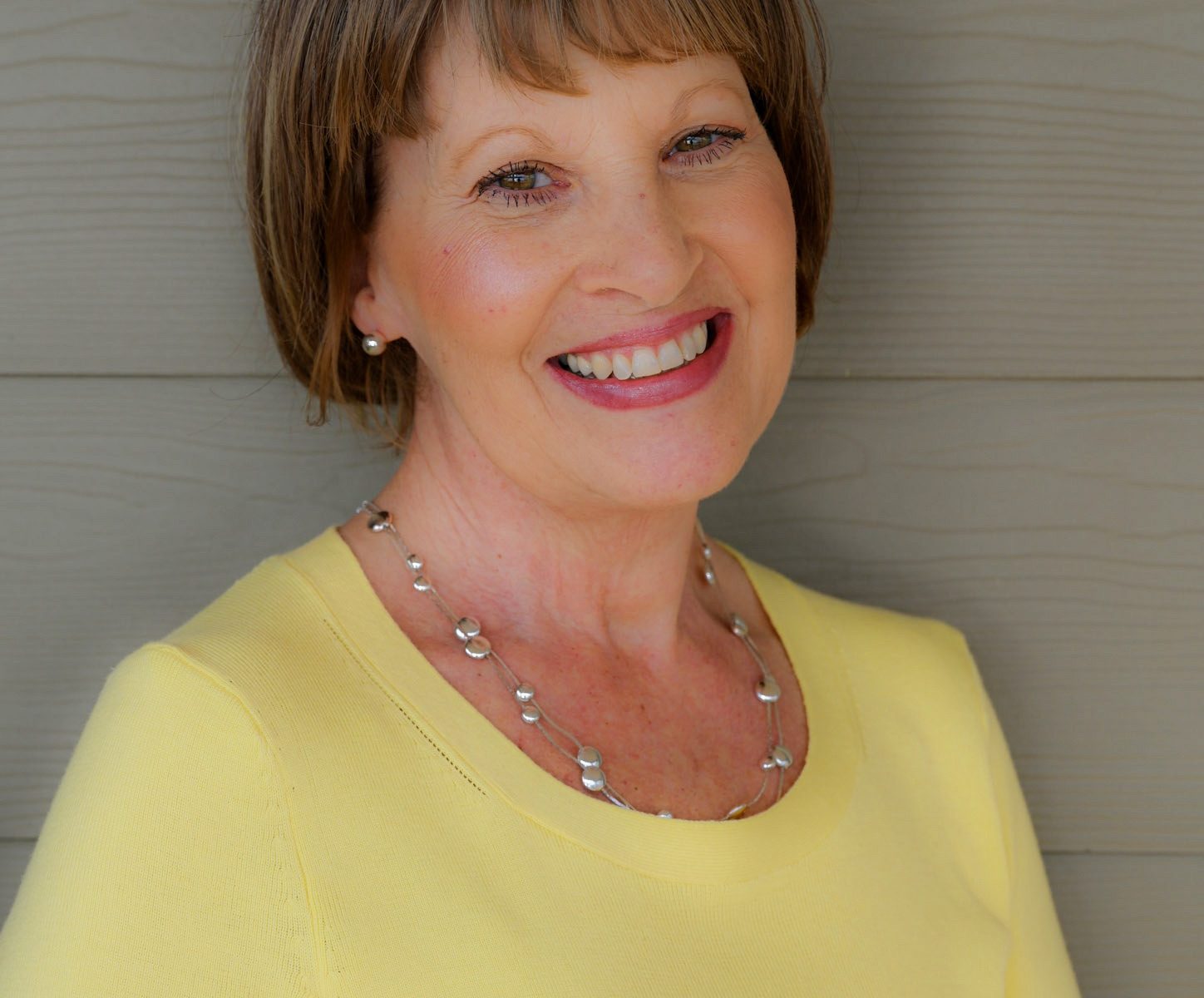
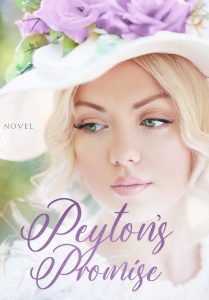 Have you ever struggled with waiting for God to change something, whether in your personal life or in the culture? Peyton sure did! Here’s an excerpt from Peyton’s Promise. Hope you’ll grab a copy and enjoy…the rest of the story!
Have you ever struggled with waiting for God to change something, whether in your personal life or in the culture? Peyton sure did! Here’s an excerpt from Peyton’s Promise. Hope you’ll grab a copy and enjoy…the rest of the story!
Patrick’s brow quirked, and bobbed his chin. “I have to ask—and please don’t be angry with me.” He paused and held her gaze, apparently making sure she wouldn’t explode. “Where is your faith that God will change things in His own good time?” He swallowed, licking his lips and sucking in a deep breath as if to gain courage. “You cannot fight what society deems right, Peyton Pie. They will ridicule you. They’ll whisper in the streets. You’ll be ostracized from here to New York City.”
Peyton waved a hand of dismissal. “Oh, I’ve already endured three years of that. I’m used to it. But men live such exciting, rewarding lives, free from social constraints, and women cannot. Men can talk about business and politics and enjoy every new-fangled invention of the day without a thought of ridicule. They can do anything without others whispering, accusing, condemning. Yet as women, we are relegated to the home and nothing more.”
Patrick held her gaze. “I can see where that could be frustrating.”
And that was all he had to say? She bit her lip. “Don’t you see? It takes sacrifice to change things. We women have been ignored for too long. We are looking forward to a time when every little girl is equal to every little boy. We don’t want to be lawbreakers—we want to be lawmakers. We just want to define our own destiny.”
“Thank you. I may not completely understand, but I’ll try.” He took her hand, and his touch rattled her more than she’d expected. He was her childhood chum, for heaven’s sake! Her heart jumped three beats as her blood rushed to her head, making her woozy. Her cheeks warmed as if she had a fever. What was the matter with her?
Peyton slipped her hand from his and stepped back. “I’m not a radical like Susan B. Anthony, but I do have an open mind to hope for a better tomorrow. And I cannot be the wimpy, whiny, submissive woman who hides in her home and tends babies. I shall likely continue to work and become an old maid like Aunt Bess. I must keep working, and if I marry, my husband must allow that as well as the freedom to learn, even though I shall be glad to nurture my family as well.”
Meet author Tanya Stowe
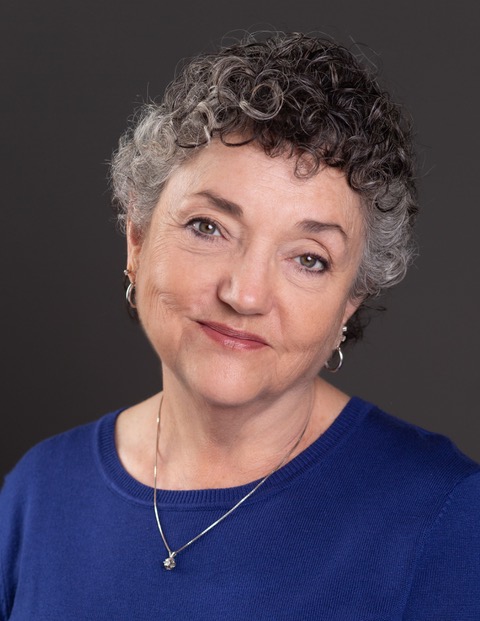
Book release date: September 1, 2022
Tanya Stowe is a Christian fiction author with an unexpected edge. She is a Publisher’s Weekly Bestselling Author who fills her books with the unusual…mysteries and exotic travel, even a murder or two. No matter where Tanya takes you…on a train down a mountain or a suspenseful journey packed with danger…be prepared for the extraordinary.
Tell us about your newest book.
Escape Route centers around a hero and heroine who have a past. The heroine is a helicopter pilot, and the hero is a Border Patrol officer. They grew up together and suffered under a local bully. But the hero supported his brother and not the heroine. Now the bully has a criminal gang and has returned to wreak havoc over their small Texas town as he attempts to smuggle weapons out of the country.
What inspired you to write Escape Route?
Years ago, I attended one of my son’s college events which took place inside a WWII aircraft in a boneyard. The boneyard fascinated me and wondered about the history of the planes…all the planes. I also have had the pleasure of knowing two Viet Nam veteran pilots and really wanted to write about flying. They have such wonderful stories to tell, so I’ve incorporated them into my heroine’s adventures!
What genre do you focus on?
I write mostly romantic suspense these days. I love action/adventure scenes, suspense, and nature. I always wonder how things work and happen, “the what if and how.” So, by combining all these interests, I came up with romantic suspense. Plus, I think it’s the writing I do best. It’s been kind of a natural movement into this arena.
Why do you write?
I’m addicted. Plain and simple. No matter where I go or what I do, “what if” pops into my head and I must follow it to its natural conclusion. It won’t leave me alone until I put it on the computer. I used to say my husband supported my addiction. Now I can say it supports itself. Lol.
What is the hardest part of being an author?
I used to say the hardest part for me was getting my ideas down on paper the way I see them in my head. But I guess after 26 books, I’ve finally honed my craft because that’s not as hard for me as it used to be. Now my biggest problem is that my husband is retired and I’m not. I’d like to go play more and write less. But I still have a lot of ideas I must get out of my head.
What’s the best part of your author’s life?
The best part is doing what I love to do. I’ve been writing stories since I was eleven years old. Seeing them in print and sharing them with others is a dream come true.
What’s one unusual fact about you?
I live in a Recreational Vehicle or RV. My husband retired four years ago. We sold our home, bought our RV, and hit the road. It’s really glamping though, not camping. I have a washer and a dryer, a king-sized bed, two bathrooms and 4 TVs in my RV, so I’m not suffering. I have a lot less cleaning and a lot more time to write!
How have you changed or grown as a writer?
I think I unintentionally answered this already. Lol. I’ve worked on the craft of writing for many, many years. It’s just now that I finally feel like I’m getting the words down the way I see them and the way I want to tell the story. That’s a change for me and a lot of that comes from having excellent editors to keep me on track. I’ve had both kinds, freelance and house editors, and I appreciate how both have helped me hone my craft.
Do you have other books? We’d love to know.
I think Escape Route is my twenty-sixth book and my fifth with Love Inspired Suspense, but I’m a hybrid writer which means I publish in multiple platforms. I have quite a few books with a small press and I’ve indie published several novellas as well. You can find all of my titles on my new website.
What are you working on now?
Currently, I’m working on a story set in Yosemite involving climbing search and rescuers. Appropriately, the working title is Yosemite Fire Storm.
Website: https://www.tanyastowe.com
Social media links:
https://www.facebook.com/TanyaStoweReadersPage?ref=h
https://twitter.com/TanyaStowe1
https://www.instagram.com/tanya.stowe/
https://www.amazon.com/Tanya-Stowe/e/B003UDYONS
https://www.bookbub.com/profile/tanya-stowe
https://www.goodreads.com/author/show/4595413.Tanya_Stowe
Meet author Paige Edwards
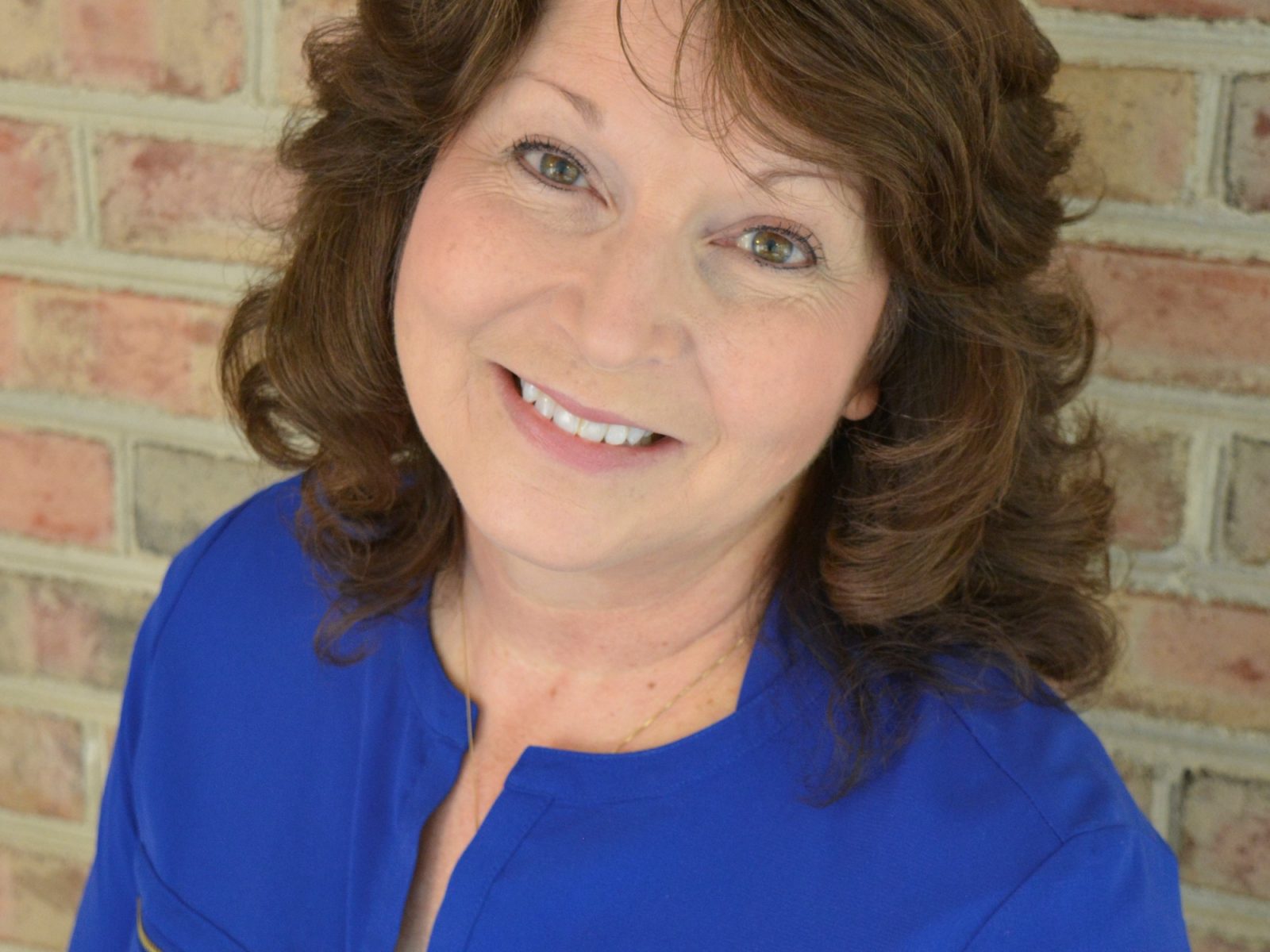
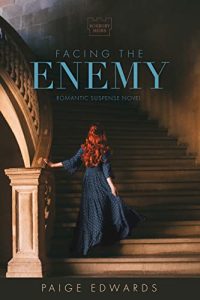 Paige Edwards is a Reader’s Favorite Book Award recipient, a Forward INDIES, Whitney, and RONE finalist. Due to her deep British roots, Paige’s romantic suspense novels are often set in the UK, and she hops the pond whenever she gets the chance. When she needs a break from writing, she serves as president of her area’s Interfaith Community Council, gardens, bikes battlefields, and kayaks near her home in Virginia.
Paige Edwards is a Reader’s Favorite Book Award recipient, a Forward INDIES, Whitney, and RONE finalist. Due to her deep British roots, Paige’s romantic suspense novels are often set in the UK, and she hops the pond whenever she gets the chance. When she needs a break from writing, she serves as president of her area’s Interfaith Community Council, gardens, bikes battlefields, and kayaks near her home in Virginia.
Tell us about your newest book.
Lady Elise Henderson lives two separate lives. At home in Scotland, she’s the titled daughter of the Marquess of Roxbury, an heiress in her own right. In London, however, she’s Elise Taylor, a top MI6 operative for the “home office.” But when a devastating accident threatens to end her career, Elise is left with far too much time for self-reflection and the regret of a decision made long ago that features one man: fellow MI6 agent Harry Benson.
Harry Benson, the son of servants, has loved Elise for the better part of a decade. But life took them on separate journeys until their worlds converged once more. An immediate assignment to the Scottish Borders leaves Harry little time to make provisions for his small, rambunctious son, Sammy. Harry knows only one person he can rely on for the boy’s care—Elise. When Elise brings Sammy to her ancestral estate, she never imagines a nemesis from her past looms in the shadows, hungry for revenge. Stalked at every turn, Elise and Harry discover that fighting their feelings for one another is futile, but can they survive long enough to get another shot at true love?
What inspired you to write Facing the Enemy?
When I finished Danger on the Loch, many of my readers wanted to know what happened to Harry and Elise. Until then, I hadn’t considered writing their story. Naturally, their questions spurred all sorts of ideas, and Facing the Enemy (the first novel in my Roxbury Heirs series) is the result.
How would you describe this book to someone in a 30-second blurb?
It’s a second-chance romance between two MI6 agents set in Scotland. While on medical leave, Agent Elise Taylor discovers that the man who killed her former MI6 partner is hunting her to exact his revenge.
What genre do you focus on?
I grew up reading Mary Stewart, Victoria Holt, Phyllis A. Whitney, and Helen McInnes, so I naturally gravitated toward romantic suspense and mystery genres.
Why do you write?
I’ve always had stories swirling inside my head, and I love to figure out twisty plots when I’m reading or watching TV. But the main driving factor that pushed me toward publication was to draw readers closer to God (in a non-preachy way), to inspire and uplift them via the character’s personal journey.
Who is your main character, and how did you choose that name?
I generally craft two main characters to provide greater scope to the type of stories I write. In Facing the Enemy, Lady Elise Henderson’s (aka MI6 Agent Elise Taylor) surname is one of my Scottish family names, and Elise came from my daughter-in-law’s sister.
What is your work schedule like when you’re writing a book?
After my early am devotional, I plunk myself down at the computer and write until I reach my word count for the day.
What is the hardest part of being an author?
Plotting. Why? I love to create characters and settings, but plotting takes me a while. My stories demand two full arcs (romance and suspense/mystery), then I braid them together into one complete story.
What’s the best part of your author’s life?
When a box of newly printed books arrives in the mail. Why? Up until then, it isn’t real. Even now, looking at the books on my shelf is a bit surreal.
What’s one thing your readers should know about you?
I have a legitimate title in Scotland. When the hubs and I hop the pond, I’m the Lady Paige Edwards. Don’t be impressed. We own a historic property that came with the title. When we sell the place, the title goes with it. It’s a fun talking point but nothing more. Most peeps in the UK (except royals and a few others) don’t use them.
How have you changed or grown as a writer?
I’ve learned so much since I first started writing. My goal is to improve something in each novel. To ensure that my writing doesn’t stagnate, I regularly attend writer’s conferences, check out ACFW’s online classes, and meet with my critique groups.
What is your favorite pastime?
Hillwalking through Scotland (when it’s not pouring rain). The air is cool and almost sweet, the perfect conditions for climbing Munros and taking in the spectacular views.
Do you have other books?
I do. My novels can be found on Amazon, Barnes and Noble, Seagull Book, and Deseret Book. I’ve even seen a few at Costco from time to time.
What are you working on now?
I’m revising a book in my Pressley-Coombes series and have started book two in my Roxbury Heirs series (Elise’s sister’s story). I also have a novella coming out in an anthology on October 1st called Sinister Secrets.
Website: authorpaigeedwards.com
Link to book:
Social media links:
Instagram: https://www.instagram.com/authorpaigeedwards/
Goodreads: https://www.goodreads.com/author/show/18839862.Paige_Edwards
Facebook readers group: Paige’s Page Pals
BookBub: https://www.bookbub.com/profile/paige-edwards
Facebook: https://www.facebook.com/authorpaigeedwards
Amazon Page: https://www.amazon.com/Paige-Edwards/e/B07N44C65Z?ref=sr_ntt_srch_lnk_1&qid=1655385847&sr=8-1
Linkedin: https://www.linkedin.com/in/paige-edwards-a3a38841/
Meet author Stacy T. Simmons
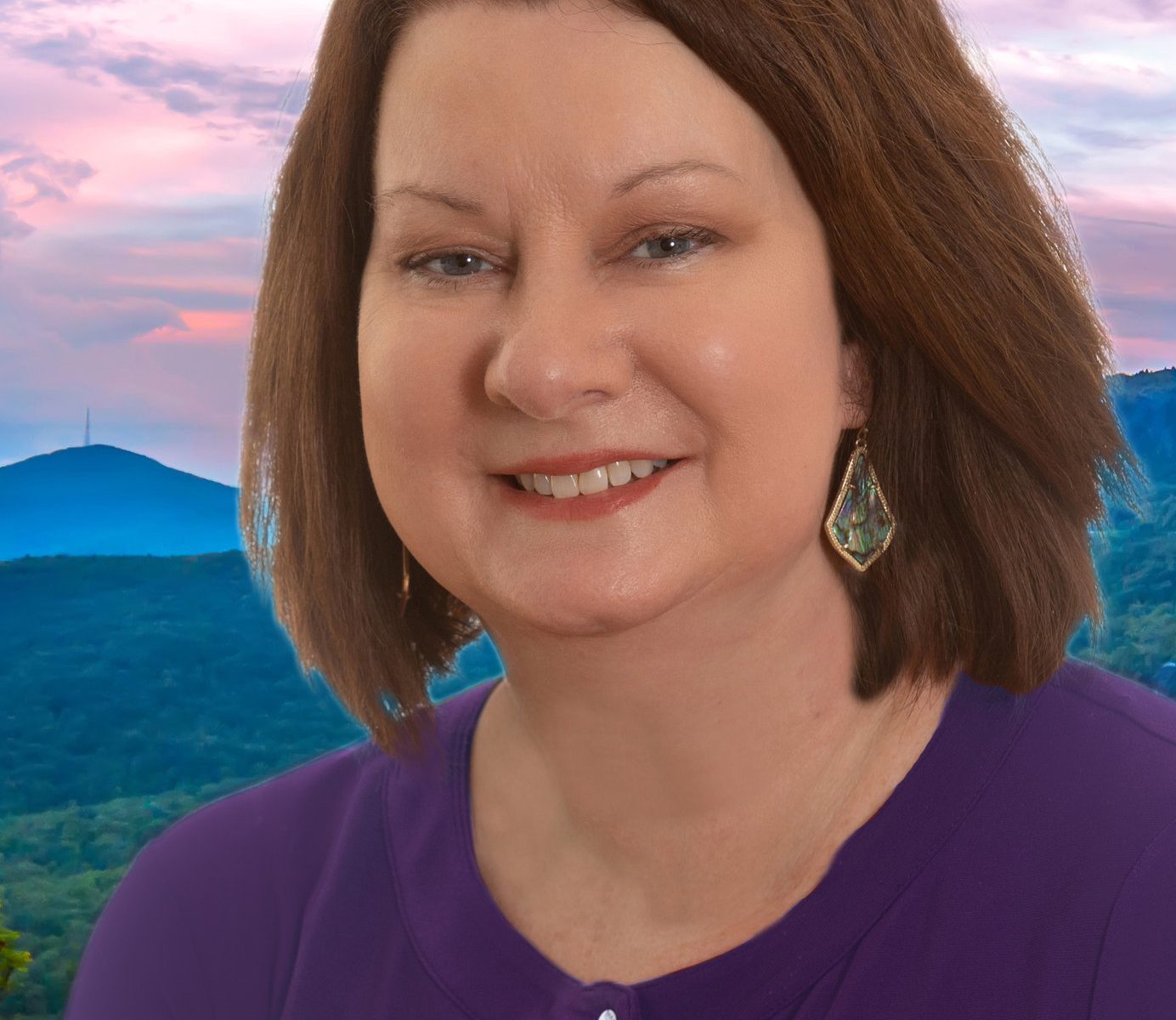
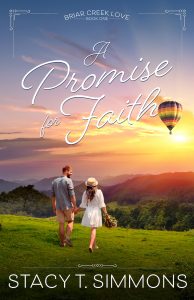 Stacy T. Simmons writes uplifting fiction that delights the reader’s romantic sensibilities. Thirty-four years of marital bliss is a great contributor. She is a mom of two grown children, and she and her family have a menagerie of pets she likes to call “Noah’s Ark.” You can find her writing her next manuscript with a piece of dark chocolate and a cup of coffee nearby.
Stacy T. Simmons writes uplifting fiction that delights the reader’s romantic sensibilities. Thirty-four years of marital bliss is a great contributor. She is a mom of two grown children, and she and her family have a menagerie of pets she likes to call “Noah’s Ark.” You can find her writing her next manuscript with a piece of dark chocolate and a cup of coffee nearby.
Tell us about your newest book.
A Promise for Faith is a story about a woman at the crossroads of her life, she faces some interesting choices in her career steps. One of which connects her with an old flame from her past.
What genre do you focus on?
I write contemporary romance—there’s something exciting about writing a story which could happen during the time we are here on earth.
Who is your main character, and how did you choose that name?
Faith Fuller is a chef, her nickname, “Faithful.” Portrays the journey she undergoes in her own life.
What is your work schedule like when you’re writing a book?
I’m an educator, so my summers are super busy behind my desk trying to write a book in a few months.
What is the hardest part of being an author?
Juggling work and family life. Sometimes I must put off participating in fun weekend activities to achieve my writing goals. Thank the Lord my sweet husband is so understanding and patient.
What’s one thing your readers should know about you?
I’m an avid reader across all genres, I love a suspense or time-slip novel as much as a beautiful romance or historical fiction story.
How have you changed or grown as a writer?
Six years ago, when I began to write, I knew the barest of things about actually constructing a novel. In attending both local ACFW-DFW meetings and ACFW conferences my “writing craft toolbox” has strengthened. Within any field of occupation, there’s always more to learn, and I’m an eager student.
What is your favorite pastime?
Spending time with family and friends, swapping stories, and sharing laughter.
Do you have other books? We’d love to know.
This fall, I have a Christmas castle novella coming out which is part of a collection. As of yet, the title has not been announced. In January of 2023, the second in my Briar Creek Love series will arrive.
What are you working on now?
Currently, I’m working on book three in the Briar Creek Love series, and have my eye on another story to create after this one is finished.
Website: https://www.stacytsimmonsauthor.com/
Link to book: https://www.amazon.com/Promise-Faith-Briar-Creek-Love/dp/1951839471/
Social media links:
Facebook: https://www.facebook.com/stacy.t.simmons/
Twitter: https://twitter.com/stacytsimmons?lang=en
Instagram: https://www.instagram.com/stacy.t.simmons/?hl=en
Pinterest: https://www.pinterest.com/stacyts/_saved/
Blog: https://www.fueledbyfaithandcaffeine.com/
Meet author Donnah Cole
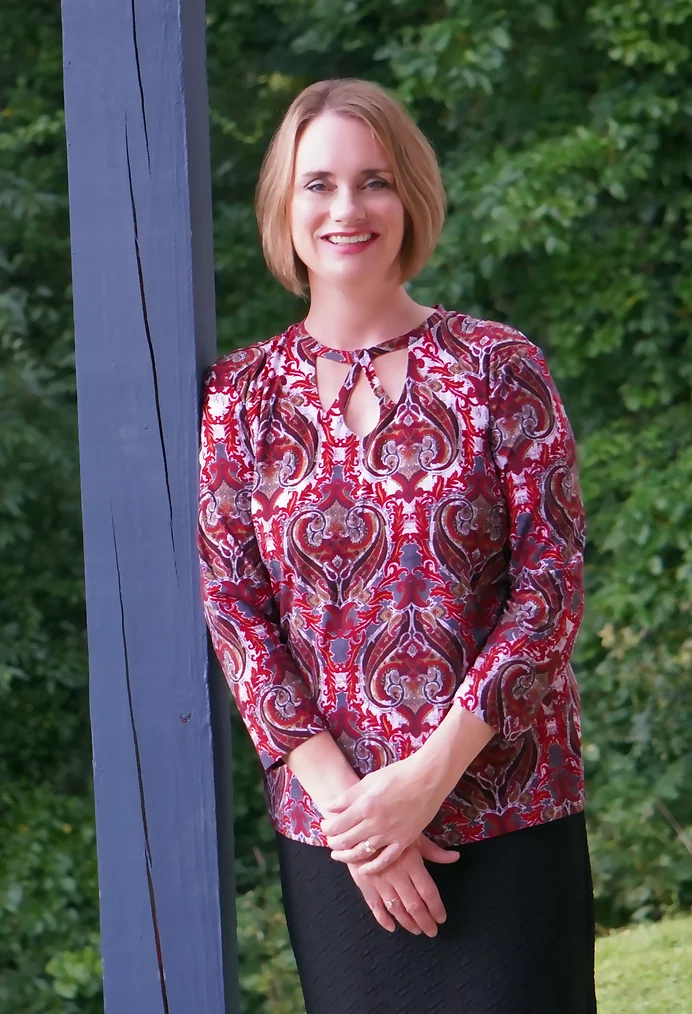
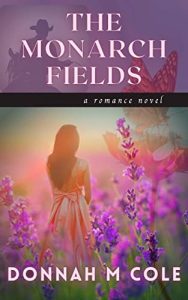 Donnah Cole is a curious author who loves exploring different themes and motifs. She dives headfirst into the research, production, and fine-tuning of the stories felt most worthy of sharing. Donnah holds a Master of Arts degree in Health Education & Promotion from East Carolina University, a Bachelor’s degree in Health Information Management from Western Carolina University. She enjoys spending time with family, serving others in her church, playing the piano, and quilting.
Donnah Cole is a curious author who loves exploring different themes and motifs. She dives headfirst into the research, production, and fine-tuning of the stories felt most worthy of sharing. Donnah holds a Master of Arts degree in Health Education & Promotion from East Carolina University, a Bachelor’s degree in Health Information Management from Western Carolina University. She enjoys spending time with family, serving others in her church, playing the piano, and quilting.
Tell us about your newest book.
The Monarch Fields is the sequel to The Popcorn Fields, a two-book faith-based romance series set between Iowa and Nebraska. The romantic saga begins with Taryn McPherson attempting to focus on her teaching career and healing from her past. Her intentions are challenged when Rhett Huxley, a Nebraskan cowboy, returns for summer employment on her family’s Iowan farm. Rhett aspires to repay his college debt and answer God’s call to serve as an international missionary. The last thing he needs is a beautiful distraction. Will past regrets, diverging life paths, and the return of one sinister man impede their chance at love?
What genre do you focus on?
My focus is on Christian Inspirational Romance because I love to develop realistic romantic stories which incorporate godly precepts.
Why do you write?
My number one writing objective is to draw readers closer to God.
Who is your main character, and how did you choose that name?
My main characters in The Monarch Fields are Taryn and Rhett. The names have a romantic feel to them. I discovered Taryn’s name by watching a young violinist on YouTube, and Rhett’s name has been on a personal list of favorite names I have saved through the years.
What is your work schedule like when you’re writing a book?
I work a full-time job in healthcare, so my writing schedule is probably a couple of hours per day. Lord willing, upon retirement from healthcare, I hope to spend more time writing.
What is the hardest part of being an author?
The hardest part of being a writer is not so much the writing process, but rather revolves around marketing my books. Being an Indie author makes this task quite challenging. It requires a mindset of perseverance and patience. There is no success without hardship.
What’s the best part of your author’s life?
The best part of my author’s life is the joy found through fulfilling God’s call to write and seeing the creativity (which He provides) flow forth.
What’s one thing your readers should know about you?
God did not wake me up today to be average.
What is your favorite pastime?
Besides writing, I love to sew/quilt (inherited from my Grandmother Alma).
Do you have other books? We’d love to know.
My writing journey began many years ago when I would submit short stories to Faithwriters.com. I was blessed to have two stories, Too Late to Say and The MartinDell Motel published by Faithwriters in Journey of Faith and Come Away with Me. I then self-published two children’s books, Paddle On and I Wonder before moving back into the adult realm, self-publishingThe Popcorn Fields and The Monarch Fields.
What are you working on now?
I am in the beginning stages of writing my third romance novel which will be set in the beautiful Western North Carolina mountains, my homeplace.
Website: http://donnahmcole.net
Link to book: https://amzn.to/3wVBy8G
Social media links:
IG: https://www.instagram.com/donnahmcole/
FB: https://www.facebook.com/Donnah-M-Cole-102496818802203
Peyton’s Promise: Sign Language at its Best

 Have you ever enjoyed a secret sign of love with someone? Peyton and Patrick did. Here’s an excerpt from Peyton’s Promise. Hope you’ll grab a copy and enjoy…the rest of the story!
Have you ever enjoyed a secret sign of love with someone? Peyton and Patrick did. Here’s an excerpt from Peyton’s Promise. Hope you’ll grab a copy and enjoy…the rest of the story!
As Mrs. Milton returned to the kitchen, Patrick caught Peyton’s eye, tapping his hand to his chest, his middle and ring finger pressed to his palm.
She sucked in a breath. As a child, he’d taught her that sign—the sign for “I love you”—and used it whenever she found herself in a pickle. When she’d asked why, he’d said it was a sign of solidarity, of friendship.
Friendship … and only friendship.
Is that what it was now? If so, why did her heart speed up, her face flush, and a lump in her throat threaten to cut off her oxygen? She gave a nod of thanks and focused on her fish dinner.
Since arriving on the island, she’d sensed his feelings were different. But she couldn’t figure out how. One moment, he disapproved of her. The next, he’d show his affection.
And her emotions? They staggered around like a drunken sailor.
Peyton ate a few bites despite her lack of appetite. One by one, the staff left the table. She nibbled at her bread. She’d wait until they were all gone so she didn’t have to see their stares or listen to their opinions of her.
“Let’s take a walk.” Patrick stood behind her, ready to pull out her chair and escort her out of her humiliation.
She patted her lips, set her napkin on the table, and rose. “Thank you, sir.”
In silence they left the room, walking along the path and down the steps toward the lagoon. Keeping a circumspect distance, they waited until they were far from any other staff member before speaking.
“Thank you, Patrick, for trying to defend me. That woman has it out for me, though I don’t know why.”
“You’re different, and that threatens her control. She wants to be the general of her troops who all align with her rules, her dictates, even her thinking. You’re outside of that in every way, and it drives her to distraction.”
Peyton giggled as she stopped to admire a huge freighter passing the island. The setting sun hovered low on the horizon as crickets took up their noisy goodnight ritual.
